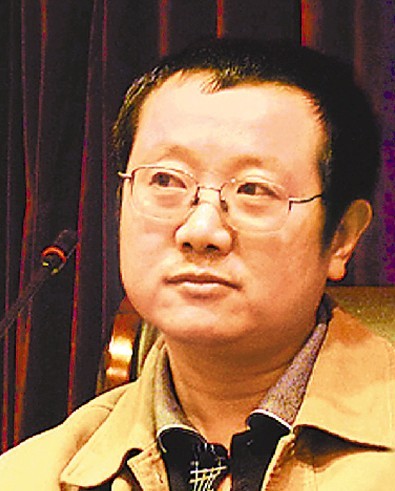International bestselling science-fiction novel "The Three-Body Problem" by Chinese author Liu Cixin was announced as the winner of the Best Novel award during the 2015 Hugo Awards in Spokane, Washington, on Saturday.
The announcement was made by astronaut Dr. Kjell Lindgren, while the award was received on behalf of Liu by novelist Ken Liu, who served as the translator for the English version of "The Three-Body Problem."
This marks the first time a Chinese novel won a Hugo Award.
The story depicts a speculative account of China's Cultural Revolution, wherein the military sends signals to space. The signals are then received by aliens who decide to invade the Earth.
The book is named after a physics concept that is applied to the planet of the alien race in the story, which revolves around three suns.
The book was not on the original list of Hugo Award finalists. However, after a controversial campaign to skew voting results called "Puppygate," Marko Kloos, one of the original finalists, withdrew his novel "Lines of Departure."
Liu's novel took its place and went on to win.
"The Three-Body Problem" beat "The Goblin Emperor" by Katherine Addison, "The Dark Between the Stars" by Kevin J. Anderson, "Skin Game" by Jim Butcher and "Ancillary Sword" by Ann Leckie.
The Hugo Awards were first awarded in 1953 and have been considered one of the highest honors in science fiction and fantasy writing. The award for best novel has been around since the Hugo Awards first started and has been won by several notable novels, including Orson Scott Card's "Ender's Game" in 1986, J. K. Rowling's "Harry Potter and the Goblet of Fire" in 2001 and Neil Gaiman's "American Gods" in 2002.
"The Three-Body Problem" was also nominated for the 2014 Nebula Award for Best Novel, but it lost to "Annihilation" by Jeff VanderMeer.



























